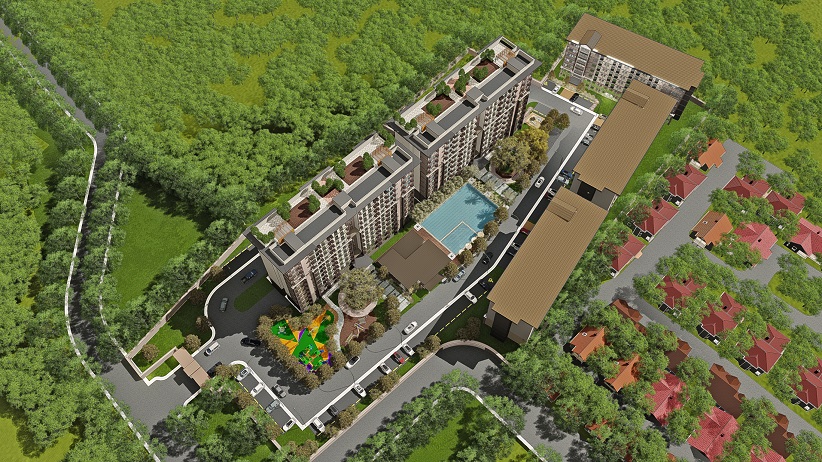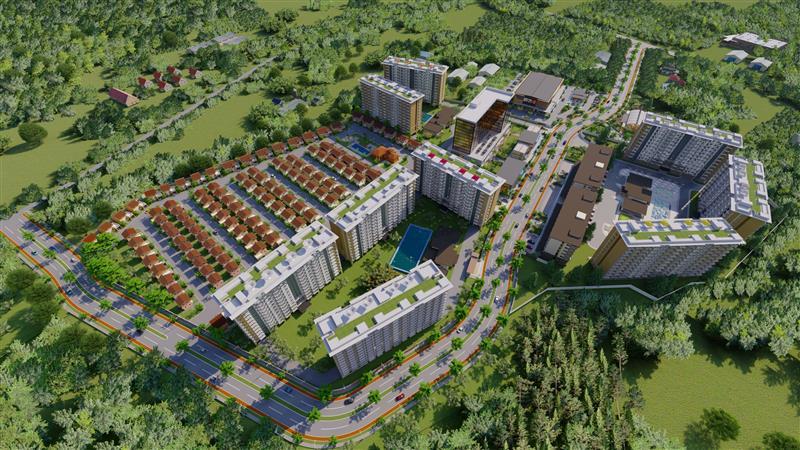
Millennials and real estate seemed like an odd pairing of words a few years back. Marketers often saw this demographic as weak because of its low purchasing power. With too much information but little to spend, marketers rarely saw Millennials as serious buyers. However, that changed over the years.
Who are the millennials?
Strictly speaking, millennials are those born between 1981 and 1996. Putting this into perspective, these are the people who are now in their late 20s up to those entering their early 40s. In other words, they are those who are either getting married, venturing into businesses or prospering in their professional careers.
In 2020, reports show that millennials were the biggest consumers of real estate in the Philippines. As more of this group seek properties, they also signal the demand and influence the future of real estate in the Philippines.
How do millennials reshape the Philippine real estate market?
Millennials reshape the Philippine real estate market according to their lifestyle needs. Their collective buying decisions create trends that ripple across the market. Particularly, Millennials bring the following changes in real estate:
- Location
- Technology
- Financing
- Sustainability
Preferred real estate locations

Unlike the previous generation, millennials now have more flexibility in choosing where they want to live. As a result, they also have more varied choices when selecting a property.
Where do young millennials want to live?
Most millennials, especially the younger ones, generally prefer the city where they have more access to job potential. Aside from the availability of opportunities, work is also diverse with more developed industries like finance and technology. Additionally, some millennials have a lifestyle that demands living in the city.
In the city, going to the gym before or after work is easier. Plus, the city also expands one’s options from restaurants and malls to theaters and museums. This convenience of having everything close by allows millennials to get to work or leisure places easily without needing private vehicles.
Finally, cities are bustling with people because it is the center of everything. Given this, it is the best place for socializing and meeting new people, which is an attractive proposition for most young millennials.
Where do older millennials want to live?
However, not all millennials are made equal, so to speak. In fact, some millennials prefer living outside the urban zone for various reasons. First, older millennials are marrying, having kids, or expanding their homes. That said, their preferences may factor in space and privacy, safety, and affordability.
With those in mind, the best place for them is ideally the suburbs. Buying properties and living beyond the city is less expensive than in the metro. This makes it an attractive place for millennials trying to save to start a family. It is equally appealing to those who want more space and privacy without breaking the bank in the city.
Lastly, suburbs have also become more developed in recent decades. While it is far from the city, it does not fall short in lifestyle and leisure amenities. As a matter of fact, some amenities may be more convenient in the suburbs than those in cities.
With millennials being one of the main drivers of the real estate market demand, future real estate offerings may be modeled after their needs.
Technological innovation

The millennial is a generation that grew up with technology. While they may not be dependent on it, millennials love the convenience of technological innovations. For instance, millennials are more comfortable using online platforms to buy properties.
Even before the pandemic-borne lockdowns, millennials were already big users of 3D tours and virtual and augmented reality. These tools made online property buying easier and more interactive for this tech-savvy generation.
Beyond house selection, millennials also want convenience in their homes. They value their time and maximize technology to have the most out of everyday life. One way millennials do this is by automating household tasks using smart home systems.
Turning on a television with a voice command has become less of a utopian movie dream and more of a reality in recent years. And with the aid of smartphones, smartwatches, voice assistants, and better internet bandwidth, it has become part of the daily routine of millennials.
Financing scheme
Millennials are avid users of the internet and the latest technology available. This means they are also more likely to use online tools and resources that help them stay informed about the industry and its products. When buying properties, they also seek out resources on the internet. These include mortgage and tax calculations, down payment options, and other financing details that could help them compare and negotiate prices and terms.
Furthermore, millennials are also likely to use alternative financing options, such as crowdfunding or digital lending platforms, in addition to traditional banks or mortgage lenders. This mindset can trigger changes in how real estate is financed, allowing more flexibility to expand the market of younger buyers.
Overall, millennials’ impact on real estate financing schemes is still evolving as the generation continues to enter the housing market and shape its direction.
Sustainability
Most millennials prioritize sustainability and environmental concerns and may be more likely to seek out energy-efficient homes with sustainable features, which can lead to an increase in demand for eco-friendly housing options.
Most millennials grew up exposed to the impacts of climate change. Additionally, most of them got involved when environmental issues became more widely recognized. As a result, they are more aware of the negative externalities of the structures they live in and the materials used to construct them. The same applies to their energy consumption and other carbon footprint-inducing activities.
Millennials like to invest in energy-efficient features and materials that can save money on energy costs in the long run. In addition, sustainable homes also have better air quality and promote health and well-being.
For millennials, which may be paying off loans or saving for retirement, energy-efficient homes can also be an attractive financial incentive. On the other hand, some millennials go with greener options because they feel it is their social responsibility and their way of being part of the solution.
Overall, millennials’ concerns about real estate sustainability may be driven by a confluence of these factors. As a generation that values experiences and social responsibility, they may be more inclined to consider the long-term impacts of their housing choices.
Millennials and real estate: Best property options

Choose properties that best fit your present lifestyle needs and future goals. For young millennials who want to be at the center of urban conveniences, Camella offers condo properties in key cities across the Philippines. Furthermore, for millennials looking for places to start a family or expand their home, the developer also has house and lot communities in nearly 150 towns and cities all over the country.
Each of these Camella properties offers a range of amenities that brings work, play, and leisure close to home. As the Philippines’ most trusted real estate brand, Camella also offers top-of-the-line smart home technology integrations and eco-friendly efforts to improve the millennial homebuying experience.


